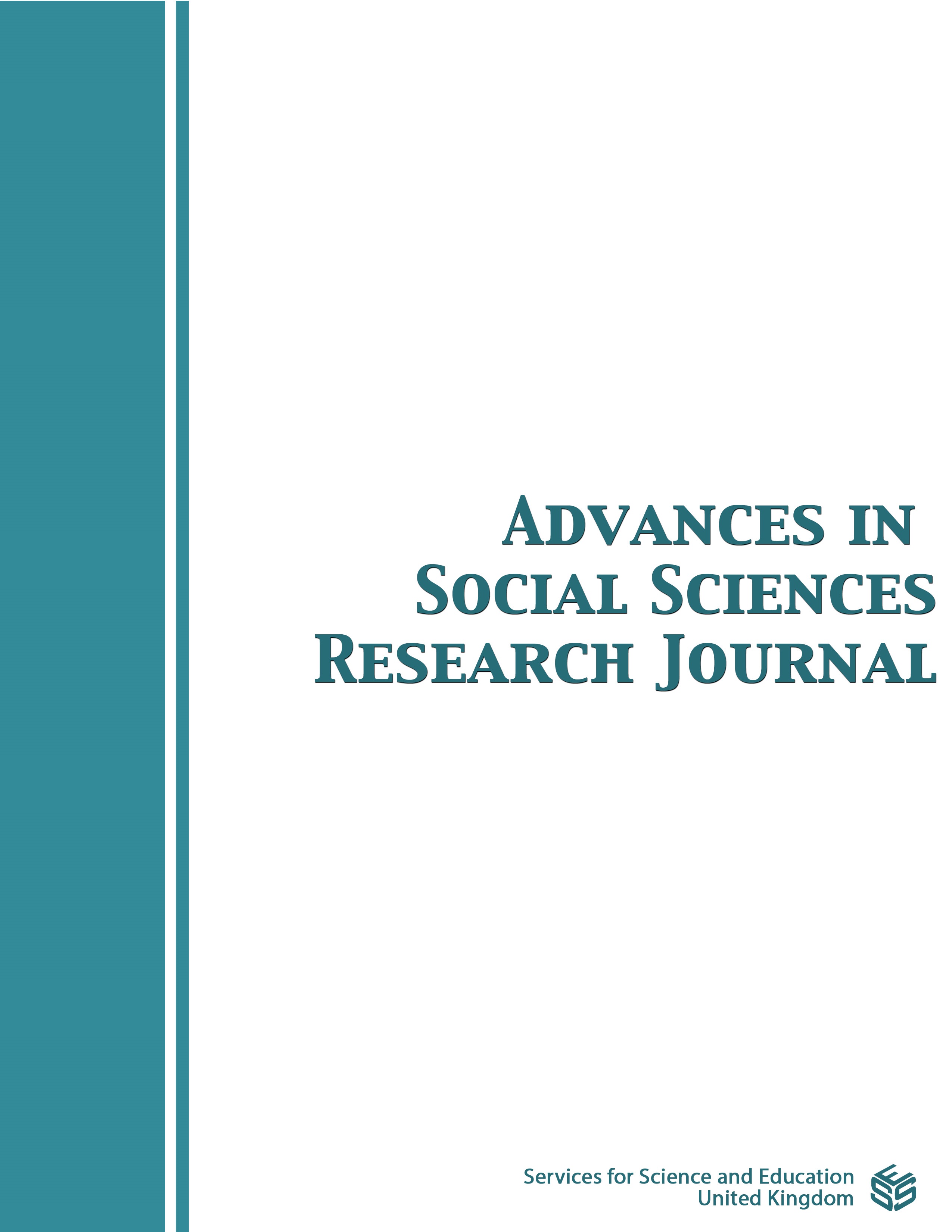Implementation of Extreme Poverty Alleviation Policies Based on Data Credibility in Bojonegoro Regency
DOI:
https://doi.org/10.14738/assrj.1204.18461Keywords:
policy implementation, poverty alleviation, extreme povertyAbstract
This research seeks to examine the implementation of extreme poverty alleviation policies in Bojonegoro Regency through the lens of Matland's policy implementation theory. It emphasizes identifying the factors influencing the effectiveness of these policies across three key dimensions: policy substance, implementation processes, and normative legitimacy. The research method is descriptive qualitative, with data collected through policy document analysis, stakeholder interviews, and field observations. The findings reveal that the extreme poverty reduction program in Bojonegoro has improved targeting accuracy by more accurately identifying extreme poor families, which was done through the application of data pattern analysis and feature extraction from household data. However, weaknesses were found in the procedures and coordination mechanisms between stakeholders at the village and sub-district levels, which hindered optimal program implementation. The findings of this research resulted in a policy implementation model adapted from Matland's theory, where the substance aspect of the policy (targeting data on poor households) was successfully strengthened through the use of data technology, which is a novelty of this research, while the procedural aspect (coordination mechanism) requires improvement to make the policy implementation more efficient.
Downloads
Published
How to Cite
Issue
Section
License
Copyright (c) 2025 Kusnandaka Tjatur Prasetijo, V Rudy Handoko, Rupiarsieh, Septi Wulandari

This work is licensed under a Creative Commons Attribution 4.0 International License.
Authors wishing to include figures, tables, or text passages that have already been published elsewhere are required to obtain permission from the copyright owner(s) for both the print and online format and to include evidence that such permission has been granted when submitting their papers. Any material received without such evidence will be assumed to originate from the authors.






